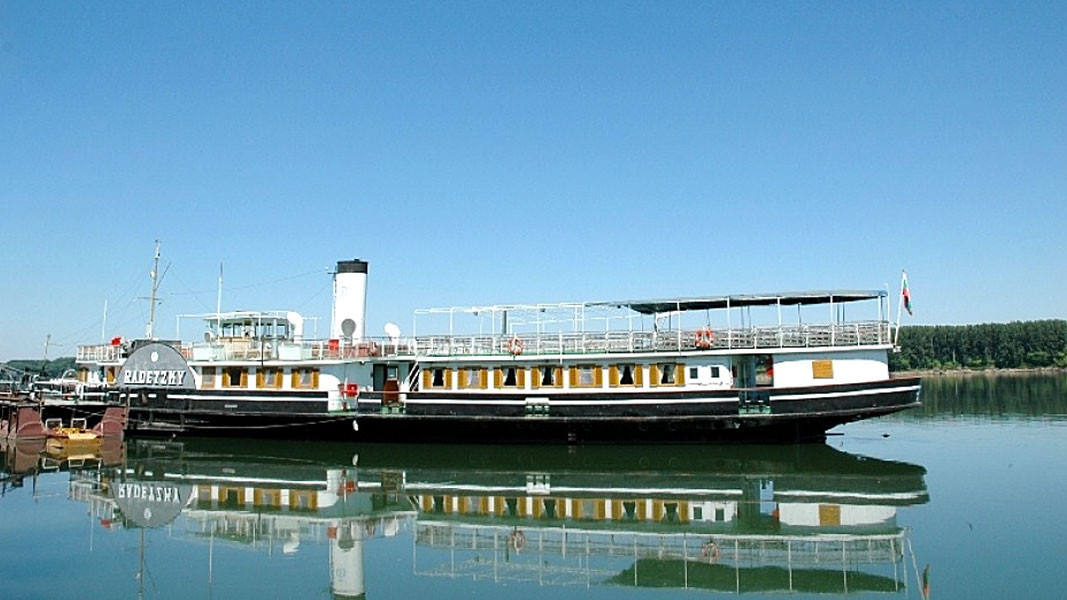Revolutionary, poet, journalist, publisher. In his brief lifetime Hristo Botev wrote around 20 poems, even so the body of his work is considered to be the apex of Bulgarian literature. Deeply emotional, the verses he wrote when Vassil Levski was hanged have been turned into song, sung to this day in tribute to the Apostle of Freedom. One ballad is very popular – Hadji Dimitar, celebrating the heroism of the rebel who laid down his life for national freedom. Turned into song, it is seen as a symbol of people’s gratitude to the heroes of Bulgaria. As a melody, performed by choirs or soloists, the song Hadji Dimitar (He lives) is invariably part of all 2 June official ceremonies.
“The struggle”, “In the tavern”, “Eloped” and many other poems by Botev were turned into songs soon after they were written. In the 20th century, Alexander Raychev, Alexander Tanev, Simeon Pironkov, and many other Bulgarian composers wrote vocal and instrumental works to Hristo Botev’s verses.
But the first work inspired by the heroism of Hristo Botev and his rebels was written 145 years ago – on 20 May, 1876, just days after the revolutionary set foot on Bulgarian soil. The poem is actually called “Radetzky”, but became popular as “Still White Danube”. Its author is the patriarch of Bulgarian literature Ivan Vazov.

In his memoirs Vazov wrote the following: "We were all exhilarated: the details about the daring feat, as if taken straight from a legend, was circulated by word-of-mouth. Under the impression of this event I wrote Still White Danube Undulates and it very soon became popular and was adapted to become a song.”
Find out more about the song about Botev in Radio Bulgaria’s Still White Danube: the story of a great rebel song
Compiled by Albena Bezovska
Photos: BNR and archive
Holy Thursday is one of the two days in the Holy Week when we dye eggs for Easter. Tradition dictates that the oldest woman in the family takes on this important task, and the first egg is always dyed red. The Red Egg – symbol of the..
Today, the Bulgarian National Radio’s foreign language service Radio Bulgaria “speaks” 11 languages. Through the years, languages have been added, others have been dropped – something that happened to the Polish-language programmes. They were aired by..
On this day - 17 January - we celebrate the 105th birth anniversary of the legendary piper Dafo Trendafilov . He was born in 1919 in the village of Gela in the Rhodope Mountains and his whole life remains forever linked to this mystical land. He began..

+359 2 9336 661
